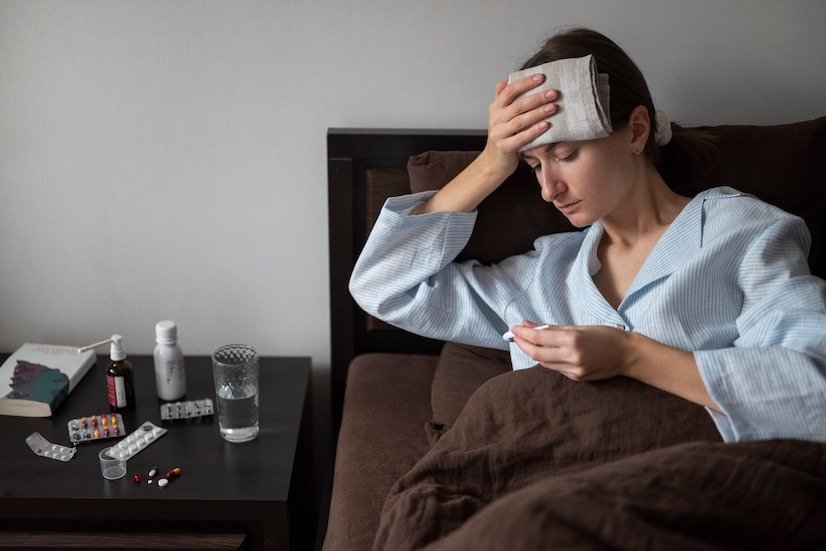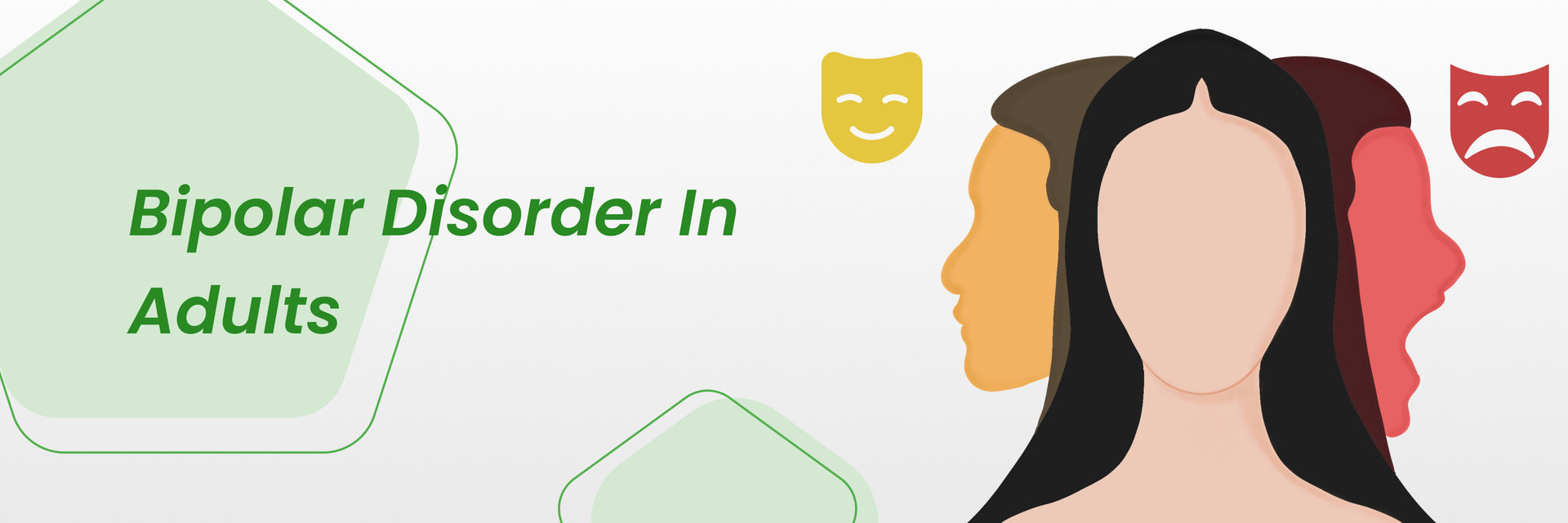Anxiety and physical pain often intertwine in complex ways that can significantly impact daily life. Grasping this relationship is crucial for efficient management and treatment. This article explores the relationship between anxiety and physical pain, delving into the underlying mechanisms, symptoms, and potential solutions.
Anxiety is a normal emotional response to stress. However, when it becomes excessive, it can lead to various disorders, such as generalized anxiety disorder (GAD), panic disorder, and social anxiety disorder. Symptoms can range from feelings of dread and nervousness to physical manifestations like increased heart rate, sweating, and muscle tension.
How Anxiety Causes Physical Pain
The link between anxiety and physical pain stems from how our bodies respond to stress. When faced with anxiety, the body releases stress hormones like cortisol and adrenaline. These hormones trigger the "fight or flight" response, preparing the body for perceived threats. While this response can be helpful in dangerous situations, it can also lead to chronic tension and discomfort when anxiety is prolonged.
Muscle Tension
One of the most common ways anxiety manifests physically is through muscle tension. When anxious, individuals often unconsciously tighten their muscles, especially in the neck, shoulders, and back. This tension can lead to pain and discomfort, creating a cycle where anxiety causes pain, which in turn increases anxiety.
Chronic Pain Conditions
Research indicates a strong correlation between anxiety disorders and chronic pain conditions such as fibromyalgia, arthritis, and migraines. Individuals with anxiety are more likely to report experiencing chronic pain. The exact mechanism is still being studied, but it's believed that heightened sensitivity to pain may result from the same stress response that triggers anxiety.
Psychological Mechanisms
The psychological mechanisms behind anxiety and pain are also crucial to understand. Anxiety can amplify the pain experience, causing it to seem sharper. Additionally, the fear of pain can create a feedback loop, where the anticipation of pain exacerbates anxiety, leading to increased physical symptoms.
Cognitive Behavioral Therapy (CBT)
Cognitive Behavioral Therapy (CBT) is an effective treatment for both anxiety and chronic pain. CBT helps individuals reframe their thoughts and beliefs about pain, reducing anxiety and improving coping strategies. Through structured sessions, individuals can learn to manage their anxiety, leading to a reduction in physical symptoms.
Treatments for Anxiety-Related Pain
Managing the connection between anxiety and physical pain often requires a multifaceted approach. Here are some common treatments:
Medications
Various medications can help manage both anxiety and associated pain. For instance, anti-anxiety medications like Xanax may be prescribed for short-term relief. These medications can help alleviate anxiety symptoms, potentially reducing the perception of pain.
Mindfulness and Relaxation Techniques
Practices such as mindfulness meditation, deep breathing exercises, and yoga can be highly effective in managing anxiety. These techniques promote relaxation and reduce muscle tension, helping to alleviate physical pain.
Physical Therapy
Physical therapy can also play a role in addressing the physical manifestations of anxiety. A physical therapist can create tailored exercises to help reduce muscle tension and improve overall physical function. This can be especially beneficial for those with chronic pain conditions linked to anxiety.
The Role of Lifestyle Changes
Incorporating lifestyle changes can further help manage the connection between anxiety and physical pain. Here are some recommendations:
Regular Exercise
Engaging in regular physical activity can significantly reduce anxiety levels and improve overall well-being. Physical activity triggers the release of endorphins, which serve as natural enhancers of mood. Furthermore, it can help alleviate muscle tension and pain, creating a positive feedback loop.
Healthy Diet
A well-rounded diet abundant in omega-3 fatty acids, whole grains, and a variety of fruits and vegetables can promote mental well-being. Certain foods may help reduce inflammation, potentially easing pain associated with anxiety.
Sleep Hygiene
Restorative sleep is crucial for maintaining both mental and physical well-being. Establishing a regular sleep routine and creating a restful environment can help improve sleep quality, which is often disrupted by anxiety.
Seeking Professional Help
If anxiety and physical pain become overwhelming, seeking professional help is crucial. A healthcare professional is able to perform a comprehensive assessment and suggest suitable treatment alternatives. This might involve counseling, medication, or a blend of the two.
Conclusion
Understanding the connection between anxiety and physical pain is vital for effective management. By recognizing how anxiety can contribute to physical discomfort, individuals can take proactive steps toward relief. Whether through therapy, lifestyle changes, or medications like Xanax, there are numerous avenues to explore. If you're considering options to manage pain, you might also want to explore the option to buy Tramadol online for additional support in managing chronic pain. Addressing both anxiety and physical symptoms can lead to a more balanced and fulfilling life.






